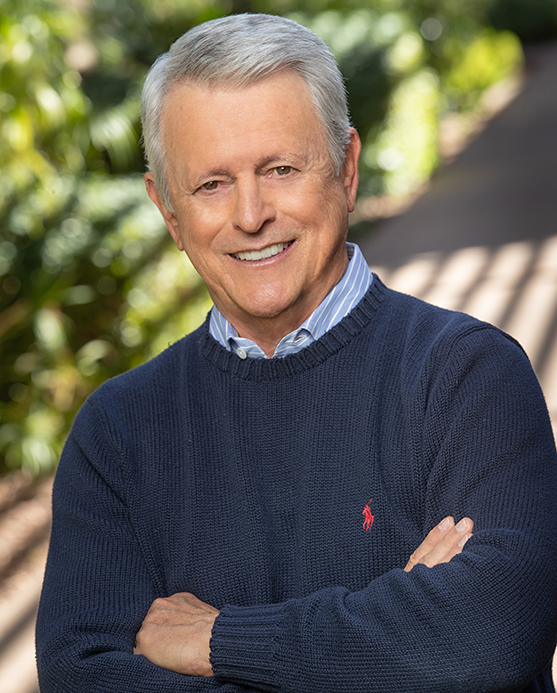By Chaplain Joel Rayfield,
Executive Director of Operations, Marketplace Chaplains
In Matthew 22, after the Pharisees heard that Jesus had silenced the Sadducees, they had an expert in the Law test Him with this question: “Teacher what is the greatest commandment in the Law?” Jesus replied:“ ‘Love the Lord your God with all your heart and with all your soul and with all your mind.’ This is the first and greatest commandment. And the second is like it: ‘Love your neighbor as yourself.’ All the Law and the Prophets hang on these two commandments.”
Matthew 22:36-40, NIV
How important is it to understand how the second commandment “Love your neighbor as yourself” relates to the first and greatest commandment? In order to understand the importance, we must ask the same question that the expert in the Law asked in the Gospel of Luke: “And who is my neighbor?” (Luke 10:29, NIV) Jesus answered with a parable of a man who fell among robbers, who stripped him of his clothes, beat him and left him half dead. Three men came upon the man who had fallen among robbers. Two refused to provide any help or care for the man. The third, a Samaritan, provided immediate care by taking care of the man’s wounds. He then took him to an inn and cared for him. The next day the Samaritan continued on his journey; however, he spoke with the innkeeper and arranged to pay for the injured man’s needed extra care. Jesus asked of these three which was the neighbor. The expert in the Law replied: “The one who had mercy on him.” Jesus told him, “Go and do likewise.” (Luke 10:37) Therefore, we are to love all and be a neighbor by caring for them.
In my opinion, to love the Lord your God with all your heart and with all your soul and with all your mind, we must love our neighbor. This command is also found in the Old Testament in Leviticus 19:18. Jesus helps us understand that this command includes everyone. He says: “You have heard that it was said, ‘Love your neighbor and hate your enemy.’ But I tell you: Love your enemies and pray for those who persecute you, that you may be sons of your Father in heaven.” (Matthew 5:43-45a, NIV) Jesus continues to make it clear that we are to love one another: “A new command I give you: Love one another. As I have loved you, so you must love one another. By this, all men will know that you are my disciples if you love one another.” (John 13:34-35, NIV). John reflects on how these two commandments are entwined with each other: “We love because he first loved us. If anyone says, “I love God,” yet hates his brother, he is a liar. For anyone who does not love his brother, whom he has seen, cannot love God, whom he has not seen. And he has given this command: Whoever loves God must also love his brother.” (1 John 4:19-21, NIV)
In conclusion, I remind you that Jesus stated that all the Law and the Prophets hang on these two commandments. Note that the first four of the Ten Commandments deal with our interaction and relationship with God. The last six commandments deal with our interaction and relationship with each other. I challenge you to read and study First John for a better understanding of who our neighbor is and what it means to love them.












